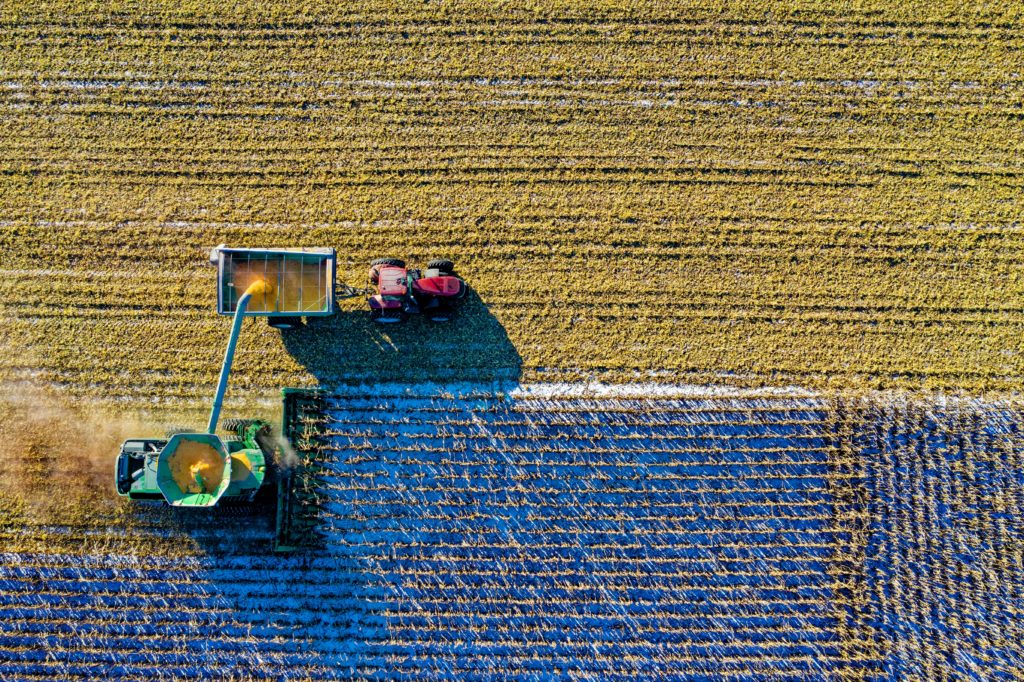
Every company wants to be in a position where its customers love and trust them. That’s where profits are high and loyalty is strong – critical considerations for the long-term health of the business.
But sometimes, companies make choices that diminish the relationship they have with their customers. Why would any brand willingly take steps that make their customers love them less?
Trouble Down on the Farm
We could ask John Deere – or, to be fair, any of the other major manufacturers of commercial farming equipment. These highly trusted brands damaged relationships with farmers – notoriously loyal to their tractor brand – by barring owners from repairing their equipment.
This decision imposed high costs on farmers, especially those operating at a considerable distance from an authorized repair service. The revenue realized from repairs represented a minuscule percentage, and when weighed against the damage to the brand’s goodwill amongst its small pool of target customers, hardly worth it.
So why was this decision made?
To Feel Less Fear, We Sacrifice Love
Businesses are led by rational people who strive to make intelligent decisions. Farming equipment manufacturers have legitimate concerns about their proprietary technology being stolen and replicated by competitors.
They also know their customers have relatively few options. There are only so many top-tier brands in this space.
To address the fears of industrial espionage, the decision was made that there’d be less love in the customer-brand relationship. People stay married even when they don’t like each other very much because each party somehow gets their needs met.
Until, Of Course, We Wind Up In Court
Dysfunctional marriages end when one party takes the issue to court. While there’s no direct equivalent here, farming equipment manufacturers have found their fear-based response – some would call this their Shadow – checked in the courts.
The Right to Repair movement has steadily gained traction, culminating in a presidential executive order in 2021. The changes allowing farmers to fix their own equipment haven’t made it far enough into the field yet to track the impact on how the brand is trusted and loved – but we will know before too many harvests.
What do you think will happen? I am interested in hearing your thoughts.
